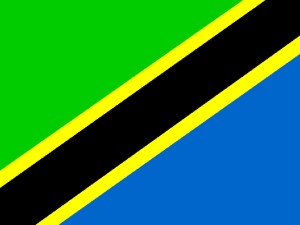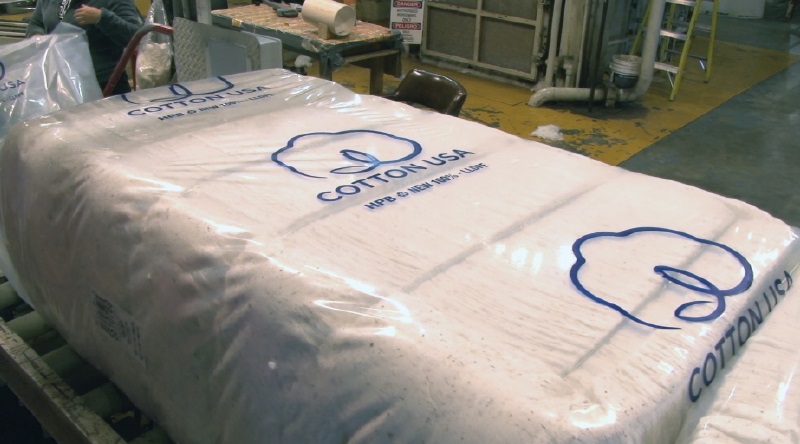Tanzania to Get Back in the Cotton Game

Normal
0
false
false
false
EN-US
X-NONE
X-NONE
/* Style Definitions */
table.MsoNormalTable
{mso-style-name:”Table Normal”;
mso-tstyle-rowband-size:0;
mso-tstyle-colband-size:0;
mso-style-noshow:yes;
mso-style-priority:99;
mso-style-parent:””;
mso-padding-alt:0in 5.4pt 0in 5.4pt;
mso-para-margin-top:0in;
mso-para-margin-right:0in;
mso-para-margin-bottom:10.0pt;
mso-para-margin-left:0in;
line-height:115%;
mso-pagination:widow-orphan;
font-size:11.0pt;
font-family:”Calibri”,”sans-serif”;
mso-ascii-font-family:Calibri;
mso-ascii-theme-font:minor-latin;
mso-hansi-font-family:Calibri;
mso-hansi-theme-font:minor-latin;
mso-bidi-font-family:”Times New Roman”;
mso-bidi-theme-font:minor-bidi;}
After reports by the Tanzanian Cotton Board (TCB) that 2013’s production is set to be significantly less than it was last year, TCB director Gabriel Mwalo said that cotton growers have been demoralized by low prices and wages.
In order to fully capitalize on domestically produced cotton and revive morale and production, TCB is taking steps to internalize more of its operations.
Mwalo says that Tanzania currently exports around 70 percent of the domestically produced cotton to other countries in raw form, and revival of the textile factories would facilitate value addition.
Mwalo suggested that the government equip cotton farmers with all necessary farming equipment to help them increase their productivity. Funding for this would come from the African Growth and Opportunity Act (AGOA) market, which is set to expire on September 30, 2015.
Nina Nchimbi, Director of Marketing of Small Industries Development Organization (SIDO), who presented a paper on Natural Fibres Development in Tanzania, said the Tanzanian textile industry lacks experts, but in spite of that, SIDO is determined to help small and medium entrepreneurs (SMEs) to tap the existing opportunities.
Deogratias Mbona, CEO of the International Business and Trade Tanzania Initiative (IBUTTI) said there are good opportunities in AGOA market, but only a minimum number of Tanzanian traders are taking advantage of them.
IBUTTI aims to boost the country’s exports and facilitate its international marketing plans by extending links and information, just as non-governmental organizations are extending skill and know-how support to SMEs to help them improve their performance in the global market, said Mbona.
IBUTTI has specialists who are trained in international business and trade and they help businesses prepare themselves to take advantage of AGOA and enhance their exports.
Several AGOA beneficiaries will meet in Cape Town in South Africa this April 9-12 to discuss various ways of benefiting more from AGOA.
Normal
0
false
false
false
EN-US
X-NONE
X-NONE
/* Style Definitions */
table.MsoNormalTable
{mso-style-name:”Table Normal”;
mso-tstyle-rowband-size:0;
mso-tstyle-colband-size:0;
mso-style-noshow:yes;
mso-style-priority:99;
mso-style-parent:””;
mso-padding-alt:0in 5.4pt 0in 5.4pt;
mso-para-margin-top:0in;
mso-para-margin-right:0in;
mso-para-margin-bottom:10.0pt;
mso-para-margin-left:0in;
line-height:115%;
mso-pagination:widow-orphan;
font-size:11.0pt;
font-family:”Calibri”,”sans-serif”;
mso-ascii-font-family:Calibri;
mso-ascii-theme-font:minor-latin;
mso-hansi-font-family:Calibri;
mso-hansi-theme-font:minor-latin;
mso-bidi-font-family:”Times New Roman”;
mso-bidi-theme-font:minor-bidi;}








